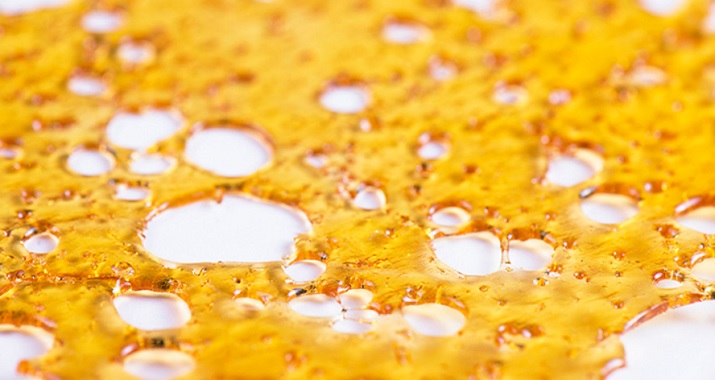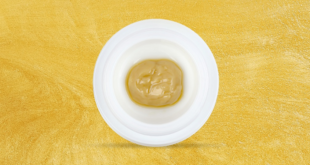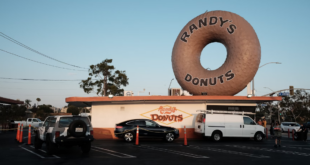
In response to the June 26th ruling by the Arizona Court of Appeals which makes medical marijuana extracts (concentrates) illegal, Harvest dispensaries has chosen to “continue to carry, manufacture and sell the concentrated medicines that our qualified patients demand.”
Harvest posted an official response on their website:
“On Tuesday, June 26th, the Arizona Court of Appeals handed down a ruling in the case of State of Arizona v. Rodney Christopher Jones, which declared the manufacture, sale, and possession of certain medical marijuana concentrates illegal in Arizona.
The ruling cites issues related to the wording of the voter-approved Arizona Medical Marijuana Act (AMMA) of 2010, as compared to a decades-old Supreme Court case setting different legal definitions for “marijuana,” and “hashish,” under which a majority of the Court chose to classify cannabis concentrates. Harvest disagrees with this ruling, as most have interpreted it, and will continue to carry, manufacture and sell the concentrated medicines that our qualified patients demand.
Despite the AMMA’s clear comprehensiveness in terms of what it designates as “usable marijuana,” the Court of Appeals has chosen to arbitrarily adopt an extremely narrow interpretation of the Act’s language. The Court’s decision to construe the AMMA in this way supports some prosecutors’ attempts to justify persecution of certain populations of vulnerable patients, against whom the decision wrongly propagates a false and unfair stereotype.
Medical cannabis concentrates are useful and necessary for patients suffering from acute health conditions that respond most effectively to doses of THC or CBD greater than those found in typical flower or edibles. These conditions include certain kinds of epilepsy, post-traumatic stress disorder, nausea, cachexia, and certain chronic pain conditions. Additionally, the ability to vaporize many concentrates or to deliver others sublingually, allows patients to reap the benefits of their potency without the risks of direct combustion. As such, these medicines can ultimately be safer and more comfortable for patients to use than smokable flower, while still allowing full relief to come much more quickly than other legal methods, such as ingestion or topical application.
Lower courts (as well as the dissenting judge in this week’s ruling) have held that the Arizona Medical Marijuana Act’s recognition of usable marijuana, “and any mixture or preparation thereof,” makes special concentrated medicines legal. This matter was addressed in a ruling from 2014 in the case of Welton v. State of Arizona, in which it was established that no passage of the AMMA specifically covers cannabis extracts, oils, and other concentrates, despite an assertion by the defendants that it did not. As such, the language of the AMMA seems to indicate that its authors recognized the potential for future medical marijuana providers to continually develop innovative new medicines that suit patients’ needs and demands. In the years since the AMMA’s passage, thousands of qualified medical cannabis patients have safely benefitted from thesemedicines. The Court of Appeals majority simply does not understand marijuana in its various forms and demonstrates the Judges’ bias against high-potency medicines.
Should this ruling be allowed to stand by the Arizona Supreme Court, the potential negative consequences for patients are significant. Following the judgment from the courtroom to practice, would the Court of Appeals be more comfortable with the prospect of the state’s qualified pediatric patients having to smoke marijuana flower to treat their conditions, rather than administer safe, sublingual concentrates? Perhaps a lung cancer patient, physically unable to smoke medical marijuana, should be relegated to consuming opioids instead?
In response to this disturbing development, we at Harvest want to make clear our fervent disagreement with the Court of Appeals’ ruling, as it subjectively discriminates against certain populations of qualified medical marijuana patients, who instead deserve protection and understanding as they pursue their safest and most effective course of treatment.
Harvest has been and will continue to be an aggressive advocate for the rights of our patients; fighting for access to and acceptance of cannabis as a safe, effective medicine. For the time being, this decision limits our ability to possess and sell any concentrate where the plant’s resins have been completely separated from the plant material. Fortunately for us and our patients, such a thing does not currently exist. So, it’s business as usual. We look forward to seeing you at one of our Arizona locations!”
Find all of Harvest dispensaries’ locations
Share this story:
 AZ Marijuana Arizona Marijuana Info
AZ Marijuana Arizona Marijuana Info






